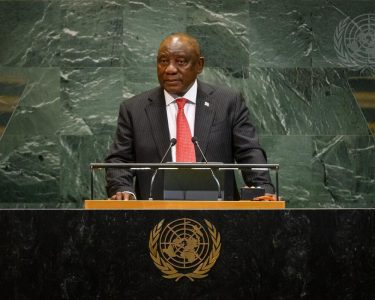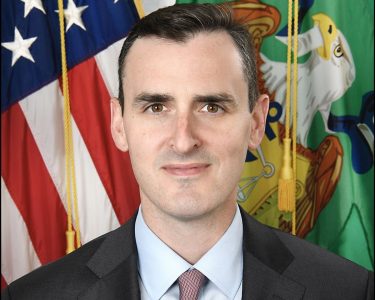
The global economic outlook for 2025 is rather bleak compared to the other previous years; it came to light during the G20 Summit, meeting of Finance Ministers and Central Banks Governors on Friday, 18 July 2025, in KwaZulu-Natal, South Africa, that the economy is not performing at its historic average of 3.7 percent growth rate.
The drop in performance can be attributed to the continued policy uncertainty resulting from a number of global issues including trade tensions.
According to the International Monetary Fund’s (IMF) First Deputy Managing Director Gita Gopinath, high levels of policy uncertainty remained a key theme during the discussions at the G20. Gopinath further urged policymakers that they should focus on resolving trade tensions and implement macroeconomic policies to address underlying domestic imbalances.
“Our April WEO forecast projected global growth of 2.8 percent in 2025 and 3.0 percent in 2026, well below the historical average of 3.7 percent. This included significant downgrades to major economies such as the U.S. and China, owing to greater policy uncertainty, trade tensions, and softer demand momentum. Global headline inflation was projected to decline, but at a slower pace, reaching 4.3 percent in 2025 and 3.6 percent in 2026.
Since April, economic indicators reflect a complex backdrop shaped by trade tensions. We have seen strong evidence of front-loading ahead of tariff increases and some trade diversion. We have also seen an improvement in global financial conditions as select trade deals lowered average tariffs. On inflation, cooling demand and falling energy prices point to a continued decline, albeit with variation across countries,” said Gita Gopinath.
She said while the IMF will update its global forecast at the end of July, downside risks continue to dominate the outlook and uncertainty remains high.
“Against this backdrop, policymakers should focus on resolving trade tensions and implementing macroeconomic policies to address underlying domestic imbalances. This includes restoring fiscal space and ensuring debt is on a sustainable path. To maintain price and financial stability, monetary policy must be carefully calibrated to country-specific circumstances and use clear and consistent communications. Central bank independence must be protected. Structural reforms remain essential to lift medium-term growth and offset demographic shifts, by boosting productivity, supporting job creation, and leveraging new technologies,” she said.
“The IMF welcomes the renewed focus on domestic revenue mobilization, which is indispensable for strengthening public finances and helping countries, especially here in Africa, to achieve development goals. Our analysis suggests that Low-Income Countries could raise an additional 7 percent of GDP if they achieved their estimated tax potential.
The IMF is playing its part by supporting countries in reforming domestic tax policies and broadening tax bases, strengthening administration to improve tax collection and their efficiency, and improving tax legal certainty, to attract foreign and domestic investment.
We also support a stronger focus on public spending efficiency, which is vital for investing in sustainable development within tight fiscal constraints. The IMF is helping through governance diagnostics, macro-fiscal framework design, and improvements to public investment management and the management of state-owned enterprises,” continued Gopinath.





